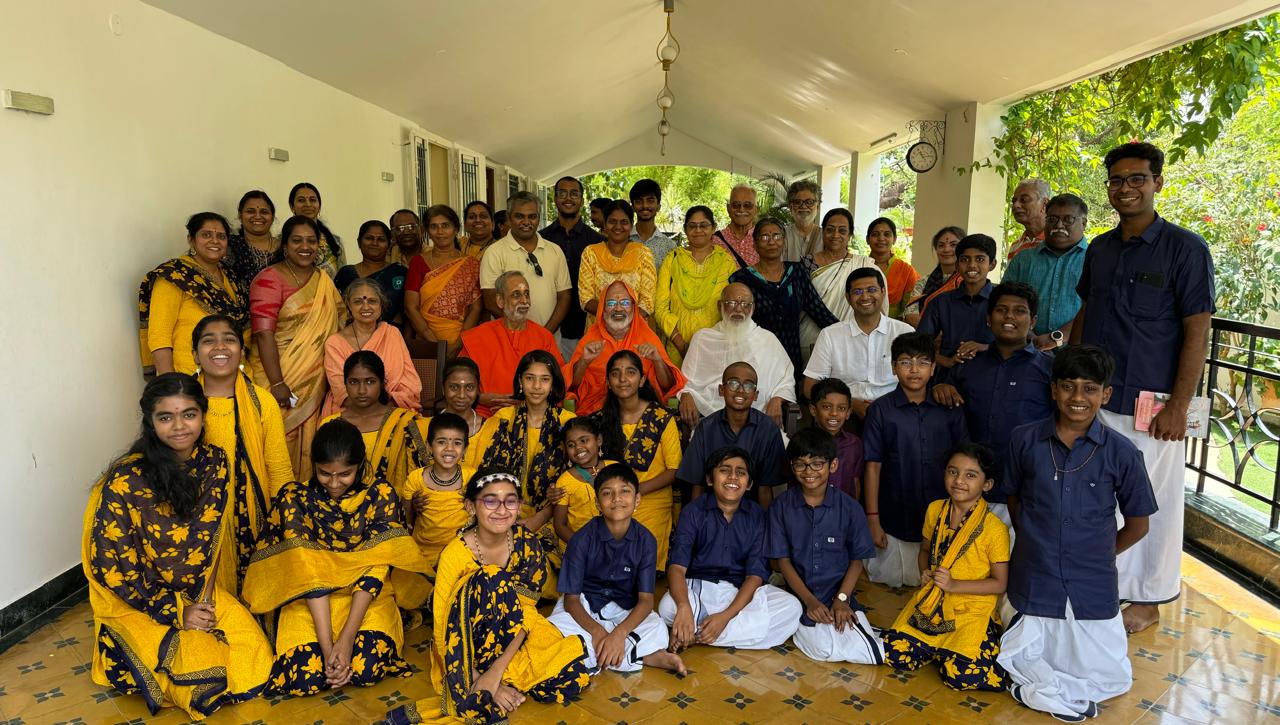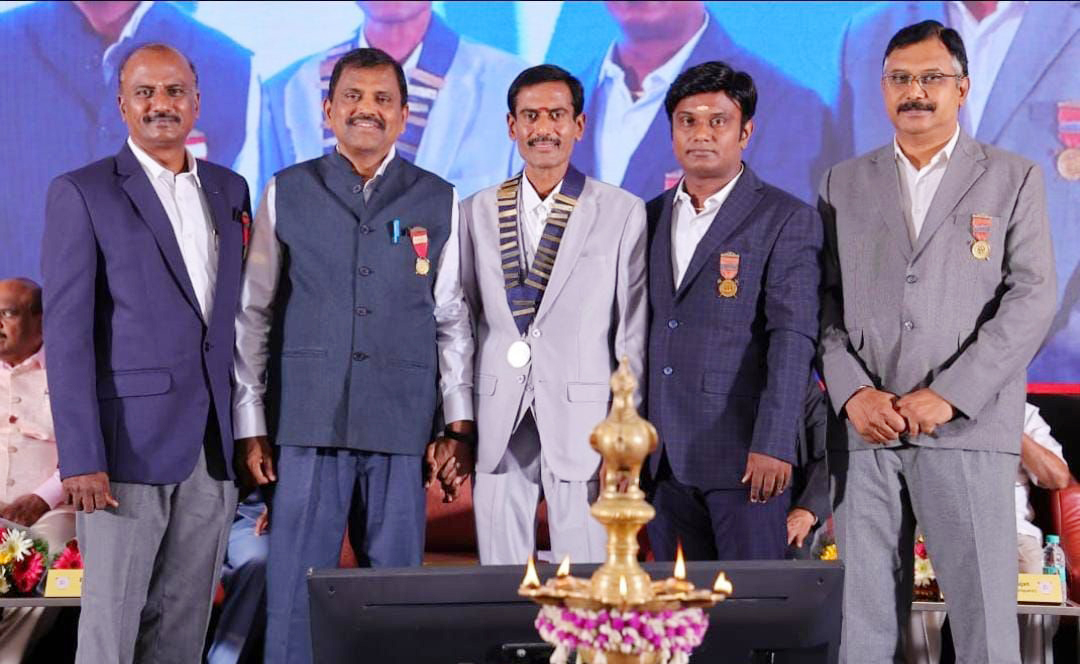Trending Now
- Delta and North fall under the last 15 places with regard to Plus 2 results. This is due to the callous attitude of the government: PMK founder Ramdoss
- England Cricket Board speaks to BCCI seeking to show England players at the IPL Play Off tournament.
- Dhruv Vikram starring Mari Selvaraj’s movie has been titled Bison.
Coimbatore
ITF favours Fabric Fwd rule to quell SAFTA imports impact
![]() August 21, 2019
August 21, 2019
COIMBATORE: In an attempt to seek help from Textiles Minister Smriti Irani in the wake of rapid increase in import of garments made of Chinese fabric from Bangladesh, the Indian Texpreneurs Federation wrote a letter to save domestic garment manufacturers. The letter was jointly sent by garment makers from Tirupur and Coimbatore and convenor of ITF and mill owner Prabu Damodharan.
According to the ITF convenor, the Government allowed duty free import of readymade garments from Bangladesh under South Asian Free Trade Agreement in 2006, which now hampers the growth of Indian manufacturers.
“Bangladesh, under SAFTA imports Chinese fabrics and converts them into garments, which facilitates growth without having to pay any import duty,” said Damodaran.
This has affected local manufacturers and affected growth in the market here.
Textile imports from Bangladesh jumped 53 per cent in 2018-19 to $1.07 billion, according to data by the ITF.
This apart, textile industries are the country’s largest second largest job provider employing at least more than 50 million people. The ongoing crisis did not fail to bring changes in job losses too. “And if our demands are met as early as possible and if there is a tweak in SAFTA, the textile industry can provide 1.5 lakh new jobs in various sectors inside it, said Damodaran.
On why Indian exporters find it hard to compete with other countries despite the duty free facility, the ITF convenor cited the lack of labour, cost effectiveness and large scale apparel manufacturers as possible reasons.
Textile raw materials from China, which make their entry through duty free pact via Bangladesh, yield $260 billion in the market.
Damodaran told The Covai Post that the Government would have to intervene to help the domestic garment manufacturers. The Fabric Forward Policy, proposed by the government, where duty free access to the garments shall be provided if the fabric is sourced from India, is the only option that can come to rescue them and the textile industry, he adds..























